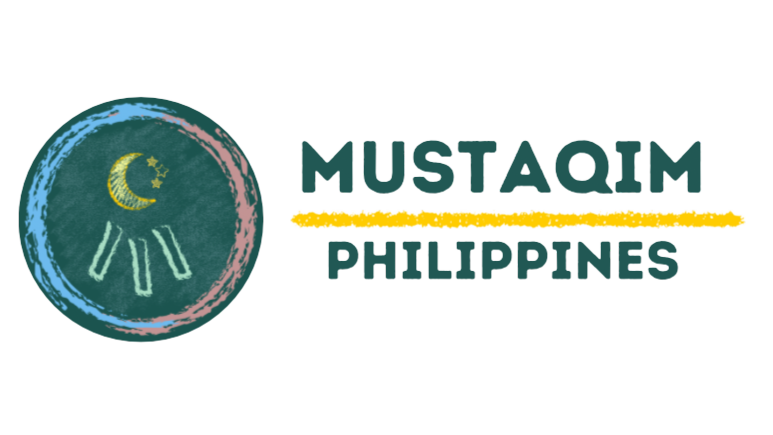Islamic teachings emphasize the importance of preserving and respecting the environment. As stewards of the Earth, Muslims are encouraged to adopt sustainable practices that contribute to the well-being of the planet. Filipino Muslims, in particular, have a unique opportunity to integrate eco-friendly habits into their daily lives, drawing inspiration from both religious teachings and local traditions.
Islamic Teachings on Environmental Stewardship
Islam advocates for the responsible use of natural resources and the protection of the environment. The Quran states, “It is He who has made you successors upon the Earth…” (Quran 35:39), highlighting the role of humans as caretakers of the planet. The Prophet Muhammad (peace be upon him) also emphasized the significance of environmental conservation, advising his followers to avoid wastage and to plant trees, even in the face of adversity.
Practical Steps for Eco-Friendly Living
- Reduce, Reuse, Recycle: Adopting the three Rs can significantly minimize waste. Filipino Muslims can reduce their consumption of single-use plastics by opting for reusable bags, bottles, and containers. Recycling household items and composting organic waste can also contribute to a cleaner environment.
- Sustainable Food Choices: Embracing a diet that includes locally sourced and organic produce supports local farmers and reduces carbon footprints. Filipino Muslims can also observe Islamic dietary laws that discourage wastage, ensuring that food is consumed responsibly and excess is shared with those in need.
- Water Conservation: Water is a precious resource in Islam, as evident in the ritual of ablution (wudu). Filipino Muslims can conserve water by using it judiciously during ablution and other daily activities. Simple measures such as fixing leaks, using water-saving fixtures, and collecting rainwater for gardening can make a significant difference.
- Energy Efficiency: Reducing energy consumption is another way to be eco-friendly. Filipino Muslims can adopt energy-efficient practices by using LED bulbs, unplugging electronic devices when not in use, and investing in renewable energy sources like solar panels.
- Eco-Friendly Transportation: Opting for public transportation, carpooling, biking, or walking can reduce carbon emissions. Filipino Muslims can also participate in community initiatives that promote eco-friendly transport options, contributing to cleaner air and less traffic congestion.
- Greening Communities: Planting trees and maintaining gardens can enhance local biodiversity and improve air quality. Filipino Muslims can engage in community tree-planting events, create urban gardens, and support reforestation projects.
Incorporating Eco-Friendliness in Islamic Practices
- Eco-Friendly Masjids: Mosques can serve as centers for promoting environmental awareness. Filipino Muslim communities can work towards making their mosques more sustainable by implementing energy-saving measures, reducing water usage, and encouraging the use of eco-friendly materials.
- Green Ramadan: During Ramadan, Filipino Muslims can focus on reducing waste and energy consumption. This can include using reusable tableware for iftar meals, minimizing food wastage, and organizing community clean-up events.
- Education and Awareness: Raising awareness about environmental issues within the community is crucial. Filipino Muslims can organize workshops, lectures, and campaigns that educate others about the importance of eco-friendly living and the Islamic perspective on environmental stewardship.
By integrating eco-friendly practices into their daily lives, Filipino Muslims can fulfill their role as stewards of the Earth, in accordance with Islamic teachings. Simple yet impactful actions, such as reducing waste, conserving water, and promoting sustainable living, can lead to a healthier and more sustainable environment for future generations. Embracing these practices not only benefits the planet but also strengthens the community’s commitment to Islamic principles of respect and care for all of God’s creation.
